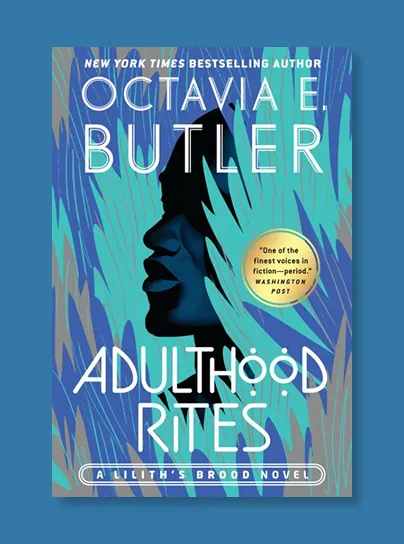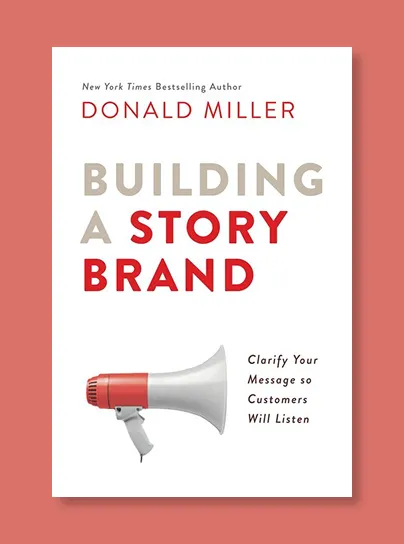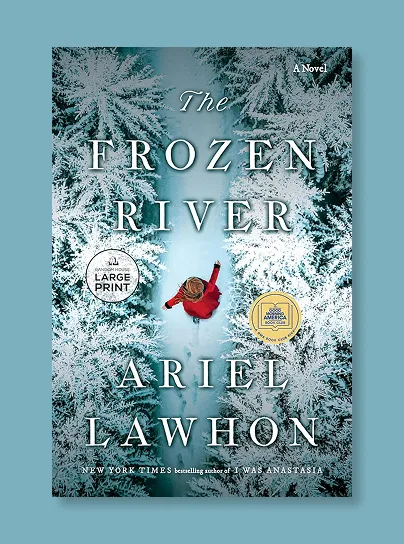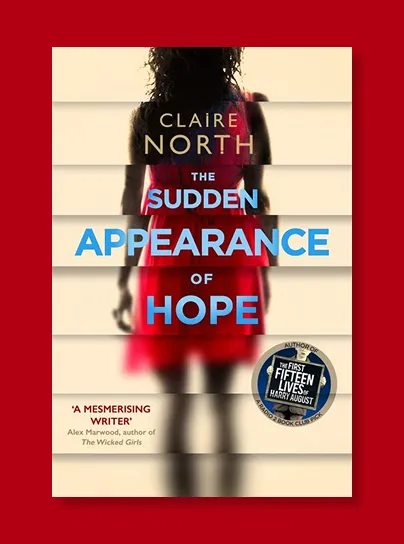
Adulthood Rites
Book 2 of the Lilith's Brood trilogy
Humanity now finds itself in one of three places: permanently asleep on the alien’s mothership (because they refuse to cooperate or are violent), living in villages on Earth with their alien companions creating children together, or living in ‘resister’ settlements on Earth that are violently anti-alien.
The problem with humans, from the alien perspective, is that we have two main characteristics that don’t play well together: we are intelligent and we are hierarchical. The need to be at the top of the pyramid eventually overpowers our intelligence and then we resort to war to solve problems.
Nikanj sat searching with its sensory arms for the place from which the child would eventually emerge. Lilith’s Human way of giving birth was simpler. He child emerged from an existing orifice—the same one each time. Its birth hurt Lilith, but Nikanj always took away her pain. Ahajas had no birth orifice. Her child had to make its own way out of her body.
Every person rescued from the devastating final world war understands the alien’s perspective. They don’t like it, but they understand why the aliens have altered them so they cannot reproduce. The aliens feel it is a kindness to help humans avoid killing themselves. They figure if a human wants to procreate, they can do it with the reproductive assistance of one of the aliens.
If we take a step back, we can see that the aliens did to humanity what humanity does to domesticated animals (and what the GOP in America is trying to do to women in that country). They understood that to control a species, all one has to do is control their reproductive freedom. In turning off human’s ability to procreate, the aliens have captured humanity entirely.
“And I’m too old now to poison myself. I could drink the fluid that used to be in this bottle and nothing would happen. It would pass through me quickly, almost unchanged, because it isn’t very dangerous. If it were very dangerous, my body would either change its structure and neutralize it or . . . contain it in a kind of sealed flesh bottle and expel it. Do you see?”
In what they think is a fair exchange, they gave the remaining humans ridiculously long lives (hundreds of years! free from disease!) if they agree to allow an alien to touch them. Is that a good trade? Not to the humans who have no children to raise, no reason to live, nothing to do but farm to feed themselves.
Lilith’s son, being part human and, for some time, raised by humans, understands that the trade isn’t fair at all; that to deny humans the right to procreate is excessive and abusive. In this book, we seem him strive to make the situation right.
Akin lay down next to the ooloi. He drew close to it, his mouth against the flesh of its neck, its many head and body tentacles linked with him and with Tiikuchahk. Then, carefully, in the manner of a storyteller, he gave it the experience of his abduction, captivity, and conversion. All that he had felt, he made it feel. He did what he had not known he could do. He overwhelmed it so that for a time it was, itself, both captive and convert.
He did to it what the abandonment of the Oankali had done to him in his infancy. He made the ooloi understand on an utterly personal level what he had suffered and what he had come to believe. Until he had finished, neither it nor Tiikuchahk could escape.
But when he had finished, when he had let him go, they both left him. They said nothing. They simply got up and left him.
One of the underlying themes of these two books is consent. The aliens have a strange concept of it, sometimes absolutely respecting the wishes of a person, other times not respecting it at all. The humans too, have conflicts with consent. Most of them hate that they want contact with the aliens. They consent to things they, on some level, find repulsive. Mentally, they think they don’t want it, but their bodies tell a different story. It’s easy to see how living like that would lead to deeply troubling mental health issues.
This book is gripping. Ms Butler does an excellent job of keeping the pace up, changing the scenery, and constantly introducing new moralistic problems for us to chew on.



